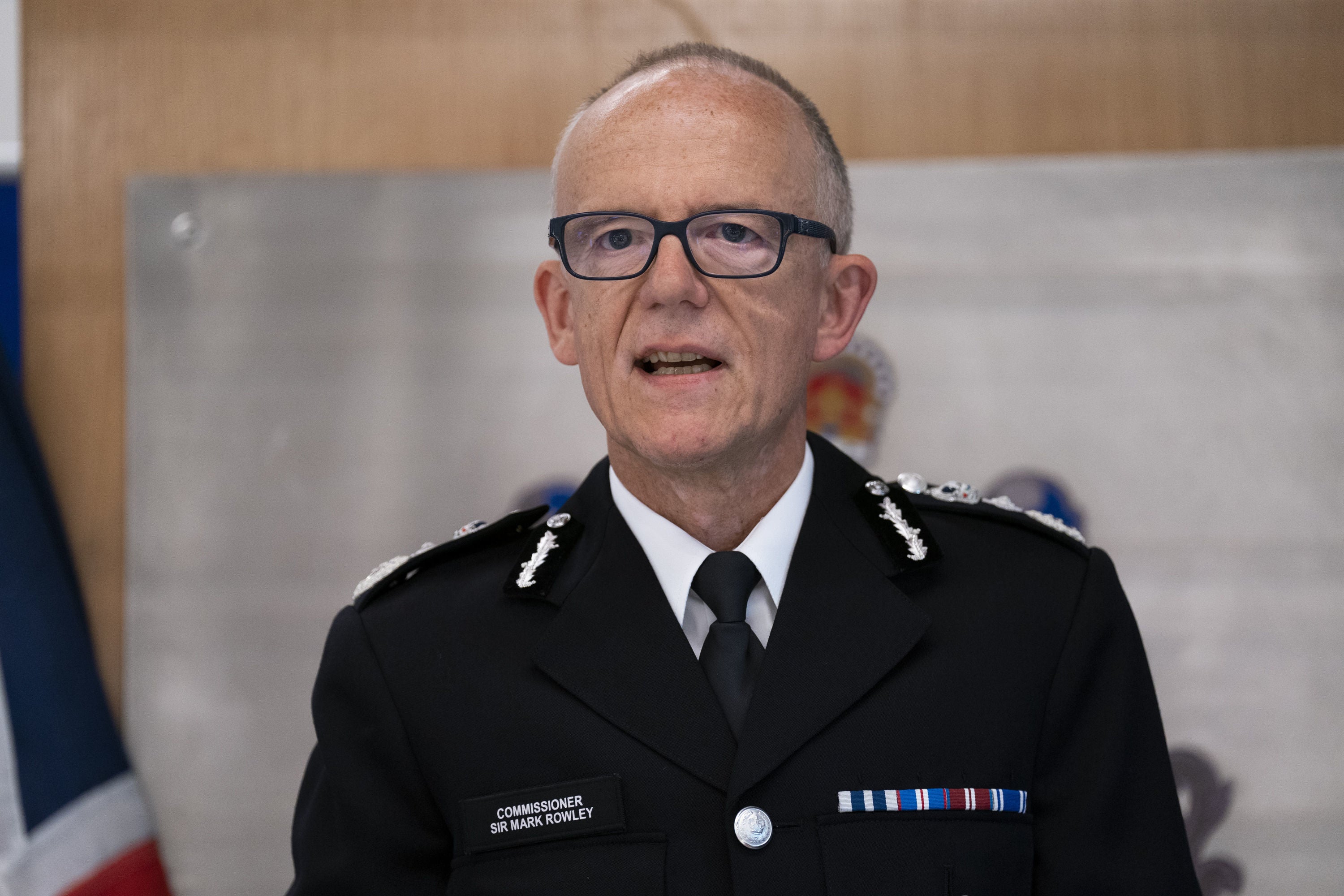To restore public trust in policing, action is needed now
Editorial: Gross negligence and the culture of complacency have become embedded

In a pitiable footnote to the appalling story of PC David Carrick, the Metropolitan Police has finally dismissed him from the force – and only after he was found guilty of 49 charges, including 24 counts of rape against 12 women over an 18-year period. It speaks to a kind of institutional sclerosis that is hard to reconcile with the pace and demands of police work, still less public expectation.
It illustrates, painfully, the gross negligence and the culture of complacency that became embedded in a force to such an extent that, as the Met admits, more than 1,000 Metropolitan Police officers and staff remain in service despite being accused of sexual offences or domestic abuse of varying degrees of seriousness. In any organisation, even one as large as the Met, that would be a symptom of cancer eating away at its very fibre. For a police force to have been harbouring so many potentially heinous criminals is grotesque beyond belief. Yet it is where things are.
The Met is the largest force in the country and carries many national responsibilities such as guarding national monuments and counterterrorism. In the capital, it faces some unique challenges, and the recent cases have been especially horrific. But from what we know about city and county constabularies across the UK, many forces have problems similar in kind if not in scale – recent investigations into racism and misogyny in Gwent are hardly isolated.
Police in Hertfordshire and Hampshire, respectively, received accusations about Carrick but little came of them, at the time or since. The grooming scandals ignored by Greater Manchester Police and the force in South Yorkshire, and poor detection rates for many crimes nationally, also suggest a public service that is suffering a wider malaise.
Might things be even worse than they seem? In the Carrick case, it may be so. The police say there may be more victims, and given that there were no offences by him recorded between 2009 and 2016, it may well be that more horrific abuse is yet to come to light.
After Sarah Everard’s murder and the subsequent (effective) dismissal of Commissioner Cressida Dick by London mayor Sadiq Khan, there have been repeated promises from the Metropolitan Police and successive home secretaries that the force would be reformed. It has not been. An interim report by the official inquiry into the Met by Baroness (Louise) Casey last year found “systemic bias”. She also noted that repeat police officer offenders have been able to escape disciplinary action because of defects in the force’s reporting process: less than 1 per cent of those facing multiple allegations had been dismissed from the force.
An independent inquiry into the Carrick case, parallel to further police investigations to clear up any other cases, is one obvious priority – and the least the victims deserve (appropriate compensation should also be forthcoming). A judicial inquiry into the wider problems in policing, in the Met and nationally, is also needed to restore public trust and make some radical proposals for change. Above all, political will on the part of ministers, devolved ministers and local authorities is needed to ensure that reforms are pushed through. Putting forces such as the Met into special measures is necessary but cannot solve anything in the long run.
It looks very much as though almost everything that could go wrong in running Britain’s police has gone wrong in recent years. Misconduct and corruption are hardly new but the scale of it now demands a thorough overhaul – and policing in Greater London requires special attention. Such reviews will take time. Meanwhile, there are measures that can be taken almost immediately. Disciplinary cases need to be expedited and the guilty dismissed as soon as possible. Weak HR processes need to be replaced with simple codes of conduct that take problem cases out of active duty immediately and place them on a fast track to justice.
National whistleblowing hotlines for victims and officers should be set up. So should a new national independent investigative and disciplinary body to uphold national standards for recruitment and conduct. Cosy internal investigations into wrongdoing, or those undertaken by another force, can no longer command the respect they ought to. Vetting recruits properly will take longer to fix, as will training them properly, but the interim work can start now. Anything that requires primary legislation can be rushed through parliament with the assistance of the opposition – this is a moment for the national interest to come first.
Restoring Britain’s police will be a long haul, but the work can and must be undertaken now if we are to live in a society firmly under the rule of law. It starts now, Ms Braverman.



Join our commenting forum
Join thought-provoking conversations, follow other Independent readers and see their replies
Comments